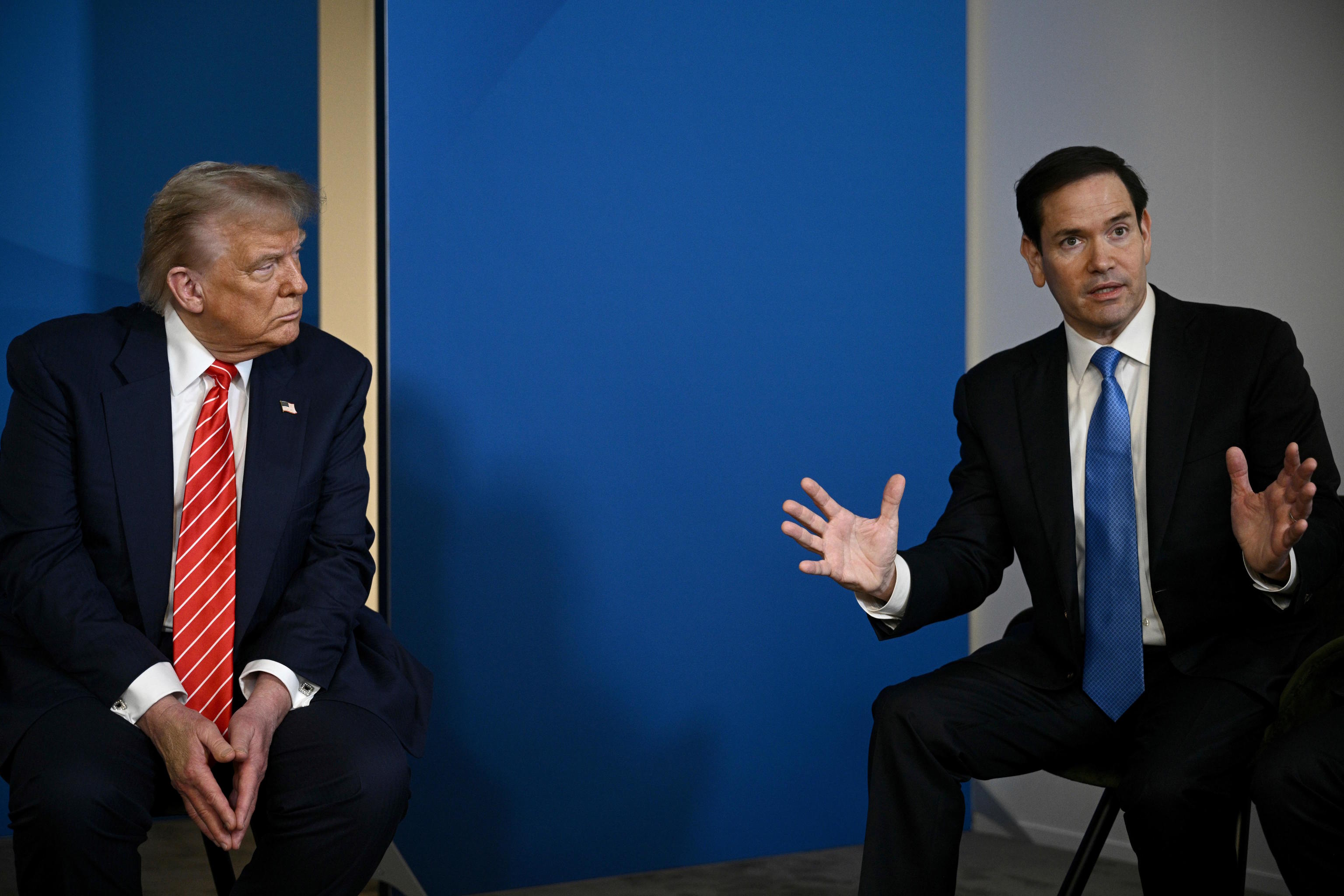The United States is once again criticizing Spain. After yesterday's harsh comments by President Donald Trump, this Wednesday it was the Secretary of State, Marco Rubio, who directly pointed out the Spanish Prime Minister, Pedro Sánchez, and his refusal to invest more in Defense.
"It's a problem. It's a big problem. They argue that they can achieve it with less, but Spain faces deep internal political challenges. They have a center-left government that basically wants to spend very little or nothing on Defense," Rubio stated in an interview with Politico.
"And they have been reluctant," he continues in his response. "I think that is one of the issues that leaders will have to face today. It's a shame. Spain is a country with capabilities and is a contributor. I mean, they send troops, they are training troops, and they can do certain things. We have a presence there on the ground."
And even more. "But I don't think the agreement Spain has reached is sustainable and frankly, that puts them in a very complicated position with respect to their other allies and partners."
This last point is very relevant, as Rubio is indeed referring to the "agreement" that Sánchez would have reached with NATO Secretary General, Mark Rutte, and which the Government argues allows them not to spend more than 2.1% on Defense. However, NATO points out that this is Moncloa's interpretation and that in no case will Spain be able to meet its capabilities by investing only those two percentage points of Gross Domestic Product.
It is true that Sánchez's decision to confront NATO and the US has a significant domestic implication. His governance partners reject Spain increasing its military spending. They made this clear when the Council of Ministers approved an extra expenditure of 10.471 billion euros in April to reach 2% of GDP this year. Even Sumar showed their disagreement.
Currently, the Prime Minister is facing a moment of great weakness. The UCO report describing an alleged corrupt scheme in the PSOE and the Government - involving two of his most trusted individuals, José Luis Ábalos and Santos Cerdán - has already stalled the legislature, causing much discomfort among his supporters. A situation in which Sánchez would have accepted without opposition to set military spending at 80 billion euros per year would have been a lever that could have allowed parties like ERC, Bildu, BNG, or Podemos to break the mandate already. The clash, at least, gives Sánchez breathing room and margin to try to shift the focus away from the corruption issue.
In the interview, Rubio also explains that "the combination of President Trump's pressure in his first administration and then a total invasion and war in Europe by Vladimir Putin" is what has led to "practically all NATO Alliance countries committing to reaching that 5% threshold." All except the "unfortunate exception of Spain," he emphasizes. And it is at this point that he elaborates on all the criticism already mentioned.
